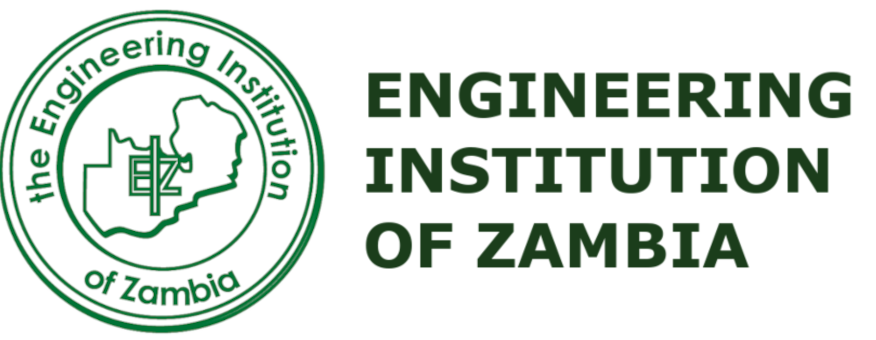Executive Summery
The mandate of the institution Engineering Institution of Zambia is to regulate and register engineering professionals, units and organizations.
The purpose of developing this Strategic Plan is to illustrate goals and principles that will guide the institution from 2023through to 2026, and align it with the 8thNational Development Plan, to support government priorities.
The methodology used to develop the2023 to 2026 Strategic Plan involved a two-phased approach comprising of the Institutional Assessment and Organisational Development underpinned by the Balanced Scorecard principles. The Institutional Assessment involved undertaking a Management Audit or Performance Assessment (as the case may be), conducting an internal capability assessment to establish EIZ’s distinctive competencies, as well as, analysing the macro-environment. The McKinsey 7sModel, Lewin’s Simple Change Management Model, Objective and Problem Trees, SWOT and PESTEL Analyses were used in the assessment.
Based on these analyses, the Engineering Institution of Zambia has set out a strategic operational framework for the period 2023 to 2026 comprising of the following:
Vision: “ A world-class professional bodythat promotes best engineering practiceand technological innovations ”.
To realise the vision, the EIZ has identified three (3) thematic areas of focus and their related strategic results as follows:
a)Theme : Membership Growth, resulting in improved professionalism;
b)Theme: Engineering Regulation, resulting in high quality engineering works; and
c)Theme: Governance & Operational Efficiency, resulting in efficient & effective service delivery.
To ensure that the EIZ performs well in the three (3) thematic areas, it has set for itself a Mission, which is:
“To regulate and promote the engineering profession for optimal human Resource and benefit to society.”
In executing the mission, EIZ has committed to observing the following Core Values, namely; Integrity, Teamwork, Excellence, Innovation and accountability.
The following strategies will be used to improve service delivery:
a)Improve membership services
b)Enhance financial management andgrowth
c)Improve business processes and governance structures
d)Improve human resource capacity
e)Enhance ICT infrastructure
To facilitate implementation, the Strategic Plan will be operationalised through costed Annual Departmental and Individual work plans. In order to ensure successful implementation and realisation of the desired impact, the implementation of the Plan will be monitored continuously, to undertake necessary interventions. At the end of the plan period, a final review will be undertaken to establish the extent of the Strategic Plan implementation and its impact.
